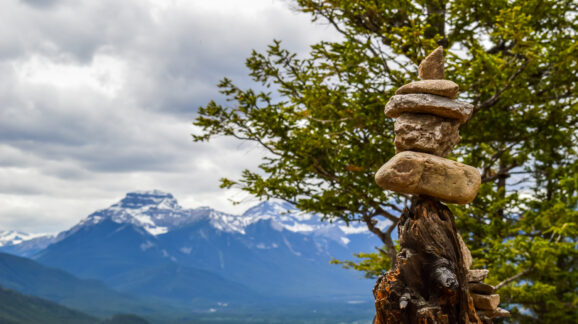The Quiet Threat To Science Posed By ‘Indigenous Knowledge’
“Indigenous knowledge” is in the spotlight thanks to President Biden, who issued an executive order within days of taking office, aimed at ushering in a new era of tribal self-determination. It was a preview of things to come. His administration went on to host an annual White House summit on tribal nations, and convened an interagency working group that spent a year developing government-wide guidance on indigenous knowledge.
Released in late 2022, the 46-page guidance document defines indigenous knowledge as “a body of observations, oral and written knowledge, innovations, practices, and beliefs developed by Tribes and Indigenous Peoples through experience with the environment.” According to the guidance, indigenous knowledge “is applied to phenomena across biological, physical, social, cultural, and spiritual systems.”
Now the Biden Administration wants federal agencies to include these sorts of beliefs into their decision making. As a result, agencies like the EPA, FDA, and CDC are incorporating indigenous knowledge into their scientific integrity practices.
In some cases, tribal knowledge can certainly provide empirical data to decisionmakers. For example, if an agency is concerned about pollution in a certain area, tribal leaders might be able to provide insights about abnormally high rates of illness experienced within their community. That said, categorizing knowledge that includes folklore and traditions under the banner of enhancing “scientific integrity” poses a number of serious problems, to put it mildly.
Very often, indigenous knowledge deals in subjective understandings related to culture, stories, and values—not facts or empirically-derived cause-and-effect relationships. In such cases, the knowledge can still be useful, but it is not “science” per se, which is usually thought of as the study of observable phenomena in the physical and natural world.
Treating science and indigenous knowledge as equivalent risks blending oral traditions and spirituality with verifiable data and evidence. Scientists are aware of the danger, which explains why the authors of a recent article in Science Magazine wisely noted “we do not argue that Indigenous Knowledge should usurp the role of, or be called, science.” Instead, they argue, indigenous knowledge can complement scientific information.
Read the full article at Forbes.
